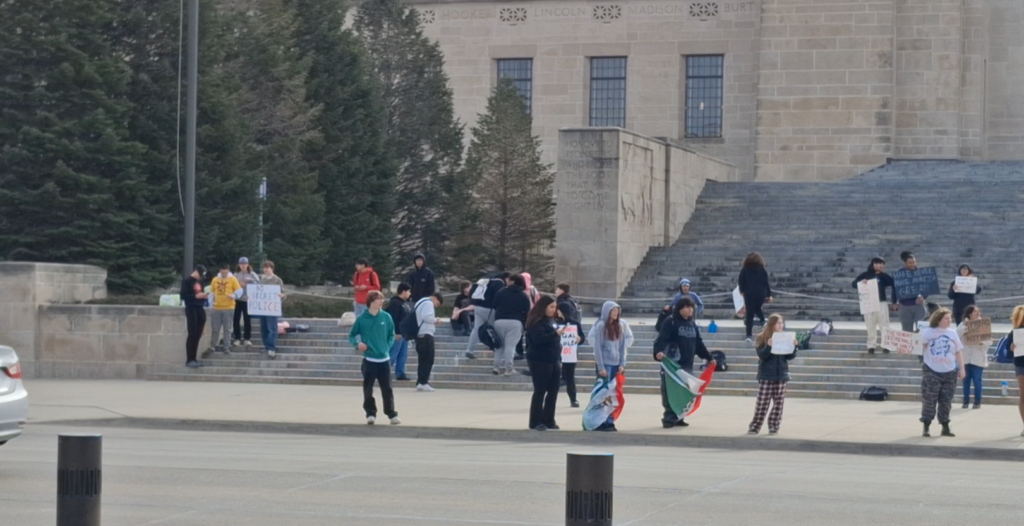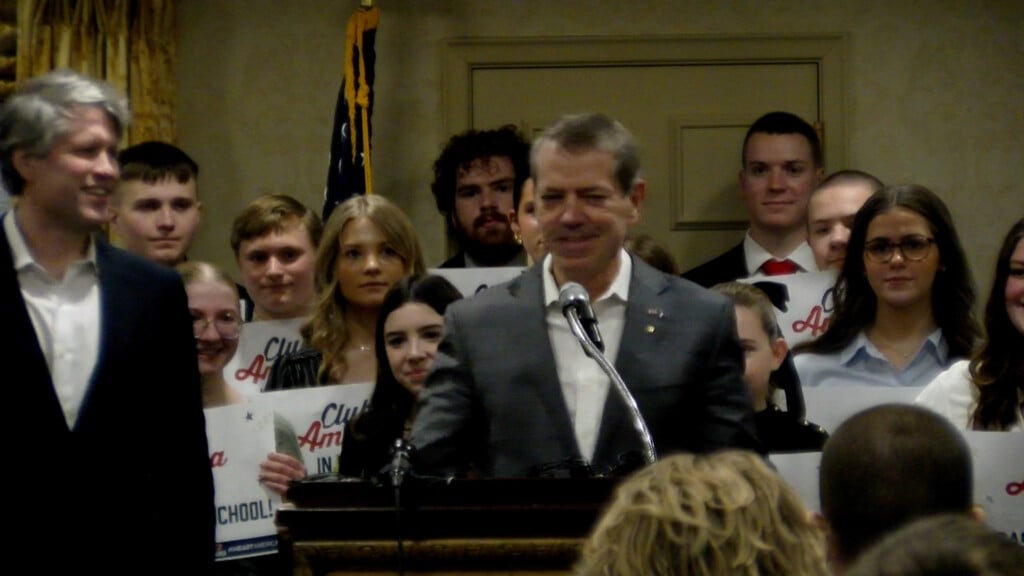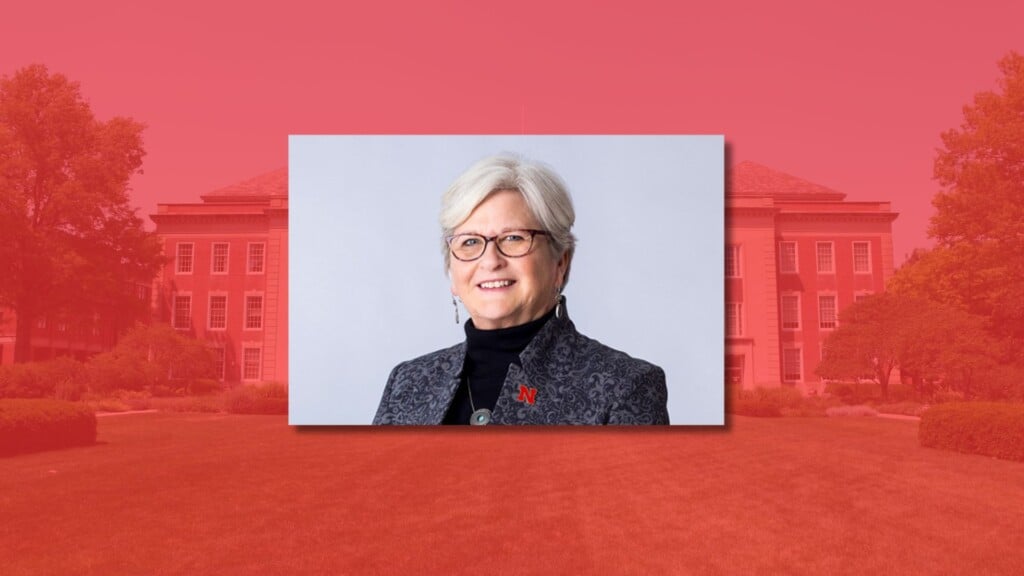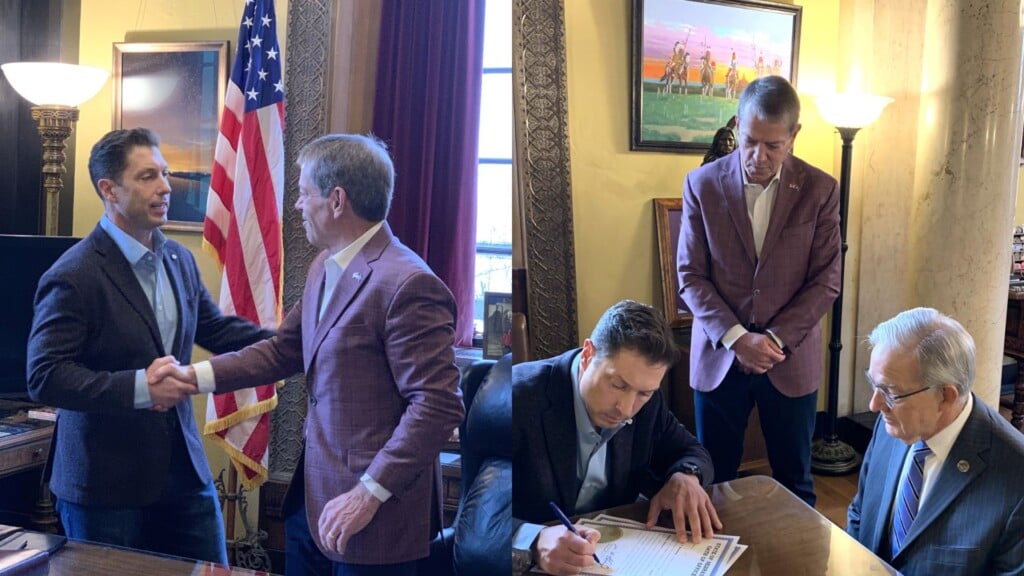New apprentice program aims to fill shortages of teachers in special ed and beyond
LINCOLN, Neb. (KLKN) – The Nebraska Department of Education announced a new program on Thursday in an effort to ease the teacher shortage.
The Nebraska Teacher Apprenticeship Program is a partnership among the department, Lincoln Public Schools and the University of Nebraska-Lincoln.
It aims to improve the recruitment and training of educators across the state, with a focus on special education.
Right now, it’s open to paraeducators in Lincoln Public Schools who want to become teachers.
Eight educators signed their name and entered into the program during an introduction ceremony held at UNL’s Barkley Center.
LPS Superintendent Paul Gausman said the apprenticeship will help to fill a gap.
He said LPS has been fortunate to fill most of its openings but there is still a need.
“We have paraprofessional positions that have been open all year long; we just have not been able to fill them,” he said.
Unlike other para to teacher programs, participants will get hands-on training and work alongside their supervising teacher within a classroom.
They will be in classes for eight weeks through the summer and will become apprentice teachers once the new school year beings in the fall.
UNL program director Sue Kemp explains what participants can expect.
“Maybe like in the first weeks, how do you set up your routines, what do you have for positive behavior management in your classroom?” she said. “Then they will come in and let’s talk about that. ‘What does it look like?'”
One they finish the program, they will have the same credentials as students “coming through any other pathway,” Kemp said.
For now, the program is only open to current paras or related positions like behavioral interventionalists.
Tanner Hilzer, a behavioral technician at Park Middle School, started his journey as a landscaper, but six years ago, he found a new calling.
“I didn’t see the ending in my future that way,” he said. “So I decided to become a para and met some really cool people along the way.”
When he heard about the program, he jumped at the opportunity.
“I am not going to lie, all expense paid for, an advancement opportunity and really doing something I am already doing,” Hilzer said. “So it just made sense to get paid more to do a similar position.”
He said the important thing about being a para is building relationships.
“Sometimes someone is going to meet you 50/50, but sometimes you might have to go 99% of the way to meet them where they are,” Hilzer said. “Just building the relationships so when something breaks down or you’re in a crisis moment, they have that relationship with you, they trust you, and you can solve issues.”
There are plans to open up the program to new students, transfer students or paras at other districts across the state.
The program could also expand into other subjects that need educators.



